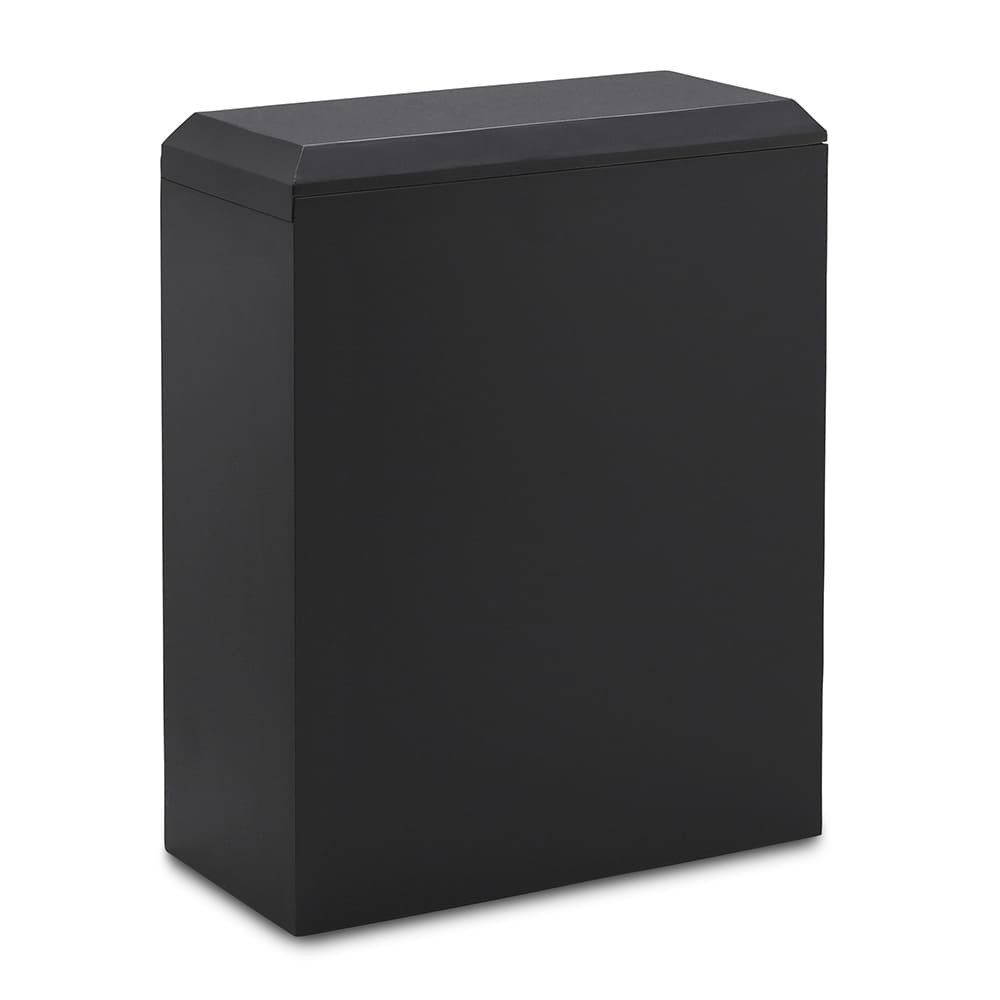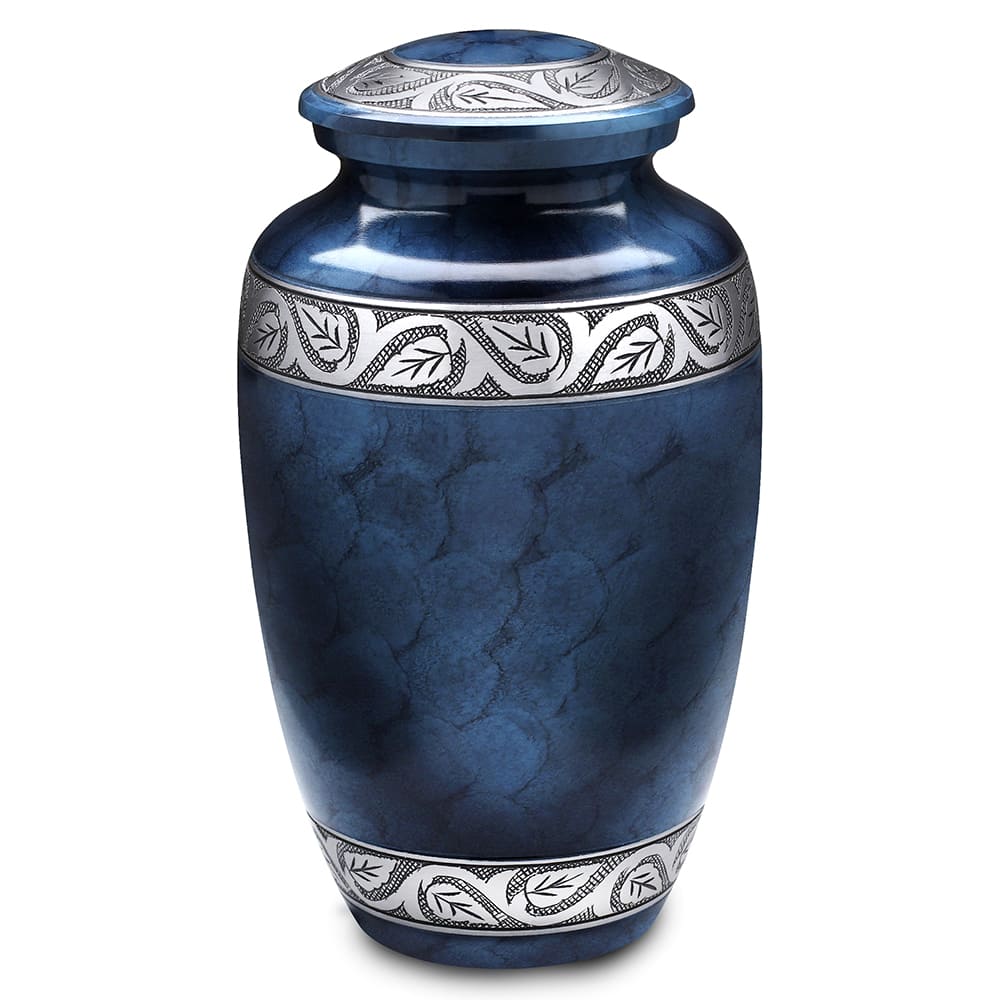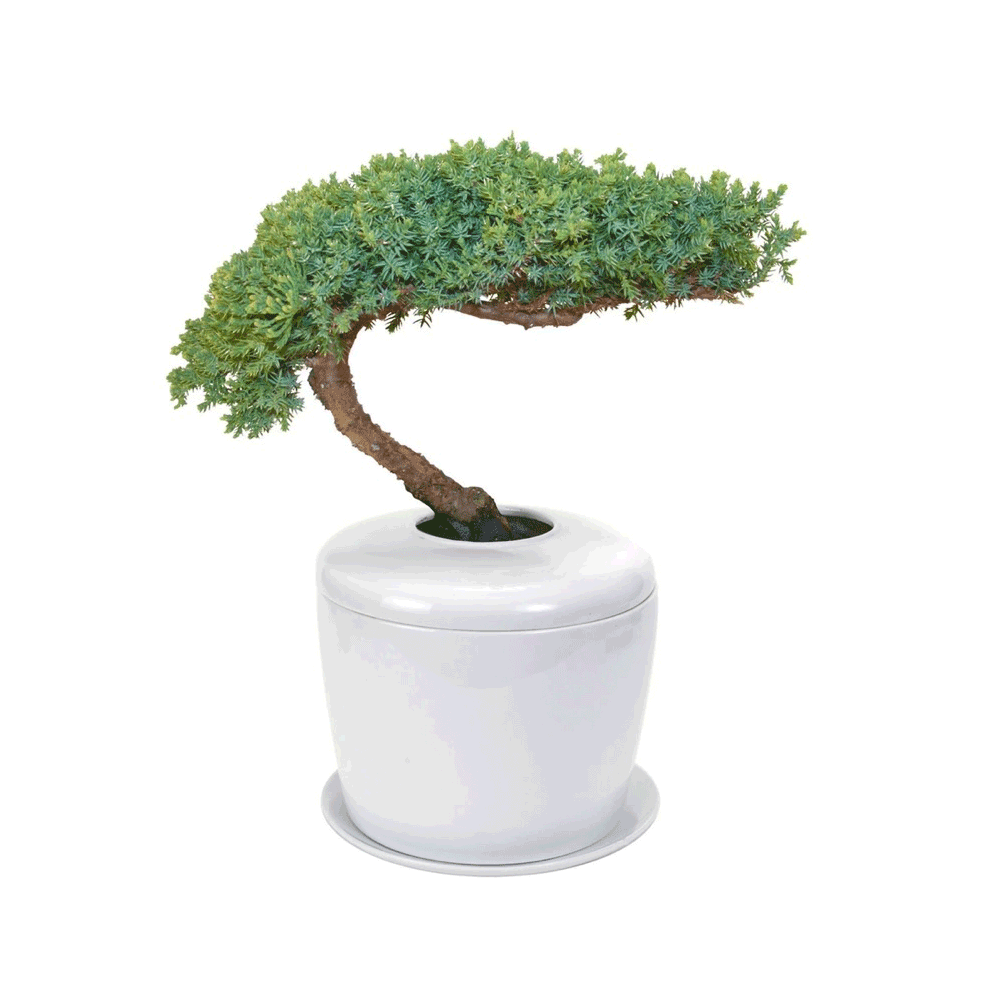At Cremation Society of America, we see all-too-often clients who had failed to properly plan for the day that is inevitable for all of us: the day that we pass away. It’s never a pleasant subject and one that most of us would prefer to address at a later date. What happens if that “later date” never arrives?
Sound Estate Planning and gathering of your important documents might very well be the most appreciated final act that you could do for your family. Let’s explore some Estate Planning steps that you can take.
The Need for Estate Planning
Much like a Will, Estate Planning organizes the financial, legal and medical aspects of your life for those who will survive and succeed you. As a matter of fact, a Will is a component of a well-rounded Estate Plan.
As with anything pertaining to legal documents, we at Cremation Society of America strongly suggest that you consult with an attorney who specializes in estate planning and probate issues. This attorney has a fiduciary duty to give you the guidance and representation that you will need to put your estate in order.
Where to Begin?
The best place to start your estate-planning project is to take an inventory of everything of value that you may own, possess or of which you have a stake or interest. Here are some items that you should include in your list:
- Your Home/Deed
- The Deeds to any properties/real estate that you Own
- Retirement Plans, including 401(K), Pensions, Individual Retirement Accounts (“IRAs”), Social Security benefits, Stock Holdings, etc. – be sure to include any online login credentials needed to access these accounts online
- Life Insurance Policies or any other vehicles that may pay out benefits upon your death – be sure to include any online login credentials needed to access these accounts online
- Health Benefits including private insurance, pension benefits, Medicare, Medicaid, Veterans Administration Benefits – your spouse or family may be entitled to these benefits in the event of your death
- Bank Accounts, Investment Accounts, Stocks, Bonds, etc. – be sure to include any online login credentials needed to access these accounts online
- List all valuables – jewelry, art, etc. Be sure to take pictures and keep the pictures in a safe deposit box or in a cloud storage solution that a family member can access.
- All liabilities such as mortgages, loans, credit cards, anything for which you owe money and may lead to a creditor seeking repayment from your estate
Create or Update Legal Documents
Meet with your attorney to create or update legal documents that will further protect your estate upon your passing. Your attorney’s recommendations may include the following:
- A Will – include an updated list of beneficiaries
- Healthcare directives/documents such as Power-Of-Attorney and/or a Living Will
- Creation of a Trust(s)
Arrange for Long-Term Care
Most people forget that you can also plan for your long-term medical care as part of your estate planning. YOU can set aside assets to pay for your medical, housing, nurse care and related costs up to point of your passing. Be sure to contact a health care planning professional to review your options.
Arrange for End Of Life
Pre-plan your end-of-life arrangements, whether burial or cremation, services, location, cemetery plot – everything that you want in place upon your death because these are questions that only YOU can answer.
Click the link below to download the Cremation Society of America Cremation Planning Guide
Make Sure Your Family can Access Everything that you Collected
All of the work you’ve done above will be for naught if you did not make arrangements for your loved ones to access all of the information that you’ve gathered in your inventory. Here are a few steps to keep in mind:
- Maintain a list of all current usernames and passwords. Then, make sure that you place that list somewhere where your family or attorney can access it
- Keep important and legal documents in a secure location such as a safe, vault or safe deposit box. You may also keep these documents with an attorney. Regardless of where you store the documents, be sure to give your family a way to access them
- Periodically review your documents to keep them up-to-date
As you can see, Estate Planning is another way for you to enjoy peace of mind that your wishes will be honored after you’ve passed away. This is much the same way as how Pre-planning your Direct Cremation delivers peace of mind during a troubling time for your family and friends.
Please contact CSA for more information regarding our Cremations services as well as family resources. We look forward to being of service to you and your family.















 Create a meaningful sendoff for your loved one with our Sunset Scattering Tube Urn. Simply remove the outer lid and you will see the perforated lid to be opened. This urn helps to provide a nicer presentation when ocean scattering.
Create a meaningful sendoff for your loved one with our Sunset Scattering Tube Urn. Simply remove the outer lid and you will see the perforated lid to be opened. This urn helps to provide a nicer presentation when ocean scattering. The Midnight urn is crafted of Aluminum. The urn has a beautiful hand-painted finish. This urn has a top-opening with a secure threaded lid.
The Midnight urn is crafted of Aluminum. The urn has a beautiful hand-painted finish. This urn has a top-opening with a secure threaded lid. This urn was designed for families to scatter the ashes of their loved ones with ease and dignity. Simply place the urn in the water and watch as it floats away. The urn will begin dissolving and release your loved ones ashes in the gentle ocean currents. This urn is 100% biodegradable.
This urn was designed for families to scatter the ashes of their loved ones with ease and dignity. Simply place the urn in the water and watch as it floats away. The urn will begin dissolving and release your loved ones ashes in the gentle ocean currents. This urn is 100% biodegradable. Blue Newport Urn is crafted from aluminum. The urn has a beautiful hand-painted finish. This urn has a top-opening with a secure threaded lid. Newport Urn comes in blue or red.
Blue Newport Urn is crafted from aluminum. The urn has a beautiful hand-painted finish. This urn has a top-opening with a secure threaded lid. Newport Urn comes in blue or red.